Nori Porcine CNTF ELISA Kit
$461.00 – $832.00
This ELISA kit is for quantification of CNTF in pig. This is a quick ELISA assay that reduces time to 50% compared to the conventional method, and the entire assay only takes 3 hours. This assay employs the quantitative sandwich enzyme immunoassay technique and uses biotin-streptavidin chemistry to improve the performance of the assays. An antibody specific for CNTF has been pre-coated onto a microplate. Standards and samples are pipetted into the wells and any CNTF present is bound by the immobilized antibody. After washing away any unbound substances, a detection antibody specific for CNTF is added to the wells. Following wash to remove any unbound antibody reagent, a detection reagent is added. After intensive wash a substrate solution is added to the wells and color develops in proportion to the amount of CNTF bound in the initial step. The color development is stopped, and the intensity of the color is measured.
Alternative names for CNTF: Ciliary neurotrophic factor
This product is for laboratory research use only not for diagnostic and therapeutic purposes or any other purposes.
- Description
- How Elisa Works
- Product Citations
- Reviews (0)
Description
Nori Porcine CNTF ELISA Kit Summary
Alternative names for CNTF: Ciliary neurotrophic factor
Alternative names for porcine: pig, swine
| Assay Type | Solid Phase Sandwich ELISA |
| Format | 96-well Microplate or 96-Well Strip Microplate |
| Method of Detection | Colorimetric |
| Number of Targets Detected | 1 |
| Target Antigen Accession Number | O02732 |
| Assay Length | 3 hours |
| Quantitative/Semiquantitative | Quantitative |
| Sample Type | Plasma, Serum, Cell Culture, Urine, Cell/Tissue Lysates, Synovial Fluid, BAL, |
| Recommended Sample Dilution (Plasma/Serum) | No dilution for sample <ULOQ; sufficient dilution for samples >ULOQ |
| Sensitivity | 6 pg/mL |
| Detection Range | 31.25-2000 pg/mL |
| Specificity | Porcine CNTF |
| Cross-Reactivity | < 0.5% cross-reactivity observed with available related molecules, < 50% cross-species reactivity observed with species tested. |
| Interference | No significant interference observed with available related molecules |
| Storage/Stability | 4 ºC for up to 6 months |
| Usage | For Laboratory Research Use Only. Not for diagnostic or therapeutic use. |
| Additional Notes | The kit allows for use in multiple experiments. |
Standard Curve
Kit Components
1. Pre-coated 96-well Microplate
2. Biotinylated Detection Antibody
3. Streptavidin-HRP Conjugate
4. Lyophilized Standards
5. TMB One-Step Substrate
6. Stop Solution
7. 20 x PBS
8. Assay Buffer
Other Materials Required but not Provided:
1. Microplate Reader capable of measuring absorption at 450 nm
2. Log-log graph paper or computer and software for ELISA data analysis
3. Precision pipettes (1-1000 µl)
4. Multi-channel pipettes (300 µl)
5. Distilled or deionized water
Protocol Outline
1. Prepare all reagents, samples and standards as instructed in the datasheet.
2. Add 100 µl of Standard or samples to each well and incubate 1 h at RT.
3. Add 100 µl of Working Detection Antibody to each well and incubate 1 h at RT.
4. Add 100 µl of Working Streptavidin-HRP to each well and incubate 20 min at RT.
5. Add 100 µl of Substrate to each well and incubate 5-30 min at RT.
6. Add 50 µl of Stop Solution to each well and read at 450 nm immediately.
Background:
Ciliary neurotrophic factor (CNTF) is a protein that in human is encoded by the CNTF gene.[1] CNTF is a polypeptide hormone and neurotrophic factor whose actions have mainly been studied in the nervous system where it promotes neurotransmitter synthesis and neurite outgrowth in certain neural populations including astrocytes. It is a hypothalamic neuropeptide that is a potent survival factor for neurons and oligodendrocytes and may be relevant in reducing tissue destruction during inflammatory attacks. A mutation in this gene, which results in aberrant splicing, leads to ciliary neurotrophic factor deficiency, but this phenotype is not causally related to neurologic disease. In addition to the predominant mono-cistronic transcript originating from this locus, the gene is also co-transcribed with the upstream ZFP91 gene. Co-transcription from the two loci results in a transcript that contains a complete coding region for the zinc finger protein but lacks a complete coding region for ciliary neurotrophic factor.[7] CNTF has also been shown to be expressed by cells on the bone surface, and to reduce the activity of bone-forming cells (osteoblasts).[2] It inhibits bone formation and plays a sex-specific role in bone growth and remodeling. CNTF activates leptin-like pathways and reduces body fat, without cachexia or rebound weight gain, even in leptin-resistant obesity.[3] Ciliary neurotrophic factor and stress stimuli activate the Jak-STAT pathway in retinal neurons and glia.[4] Porcine ciliary neurotrophic factor has been shown to interact with the Interleukin 6 receptor.[5] Ciliary neurotrophic factor induces acute-phase protein expression in hepatocytes.[6]
References
- Lam A, et al. (1991) Gene. 102 (2): 271–6.
- McGregor NE, et al. (2010Calcified Tissue International. 86 (3): 261–70.
- Lambert PD, et al. (2001). Proc. Natl. Acad. Sci. U.S.A. 98 (8): 4652–7.
- Peterson WM, et al. (2000). J. Neurosci. 20 (11): 4081–90.
- Schuster B, et al. (2003). J. Biol. Chem. 278 (11): 9528–35.
- Schooltink H, et al. (1992). FEBS Lett. 314 (3): 280–4.
Product Citations
Be the first to review “Nori Porcine CNTF ELISA Kit”
You must be logged in to post a review.























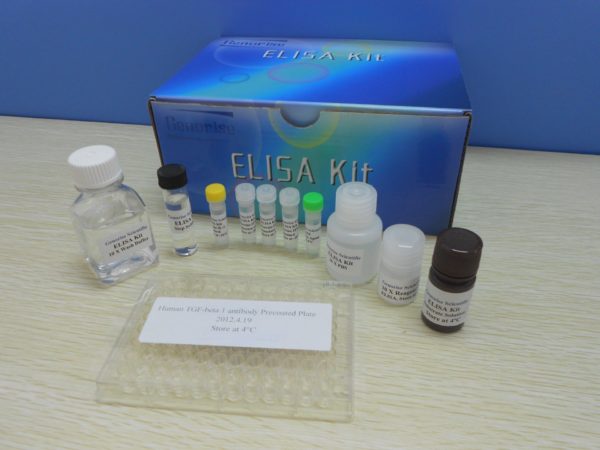
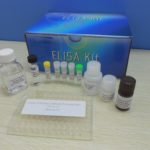

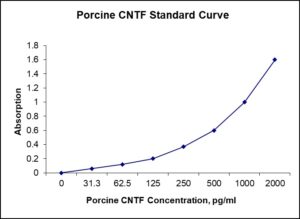
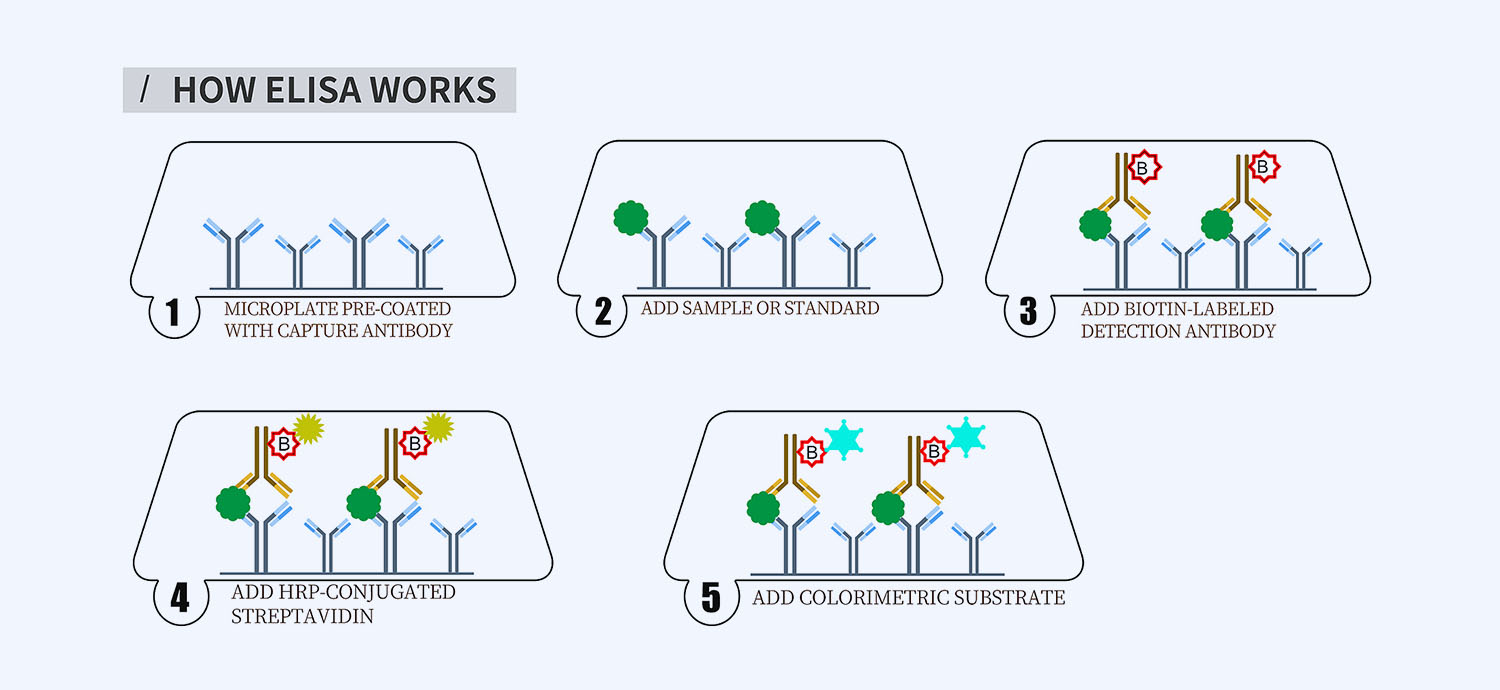
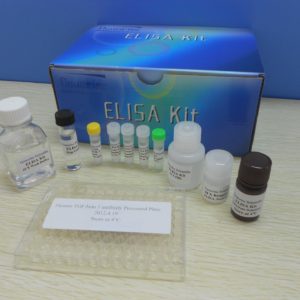
Reviews
There are no reviews yet.